Kidney disease can be crippling and is definitely not enjoyable. Your life will be broken by acute pain, which will make every day living extremely uncomfortable. The smaller stones frequently pass on their own, despite being uncomfortable. Larger stones could become stuck, necessitating medical attention. There isn’t much you can do after the stones are in besides see a doctor. They can advise you on the best course of action or inform you that you should wait till they pass.
You probably want to do everything it takes to get rid of kidney stones as quickly as possible, whether this is the first time you’ve ever had them or if it’s a chronic problem. As you treat the underlying issue, knowing how to manage kidney discomfort at home will keep you secure and comfortable. This article will be quite helpful for those who believe it is unsafe to have surgical treatment for kidney stones when their results indicate that the stones can be removed using home therapies. We have compiled a list of 17 efficient home remedies for kidney stones.
17 Effective Home Remedies for Kidney Stones
1. Water

Increased water consumption can hasten the process of passing a stone. Instead of the standard 8 glasses, aim for 12 throughout the day. You don’t want further kidney stones to form because dehydration is one of the primary risks for kidney stones. Keep an eye on the hue of your urine. It ought to be a very delicate, light yellow. Dehydration can be identified by dark yellow urine.
2. Lemon juice
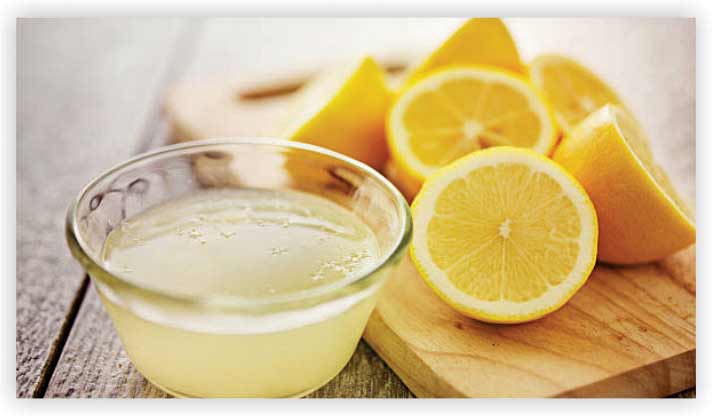
You can squeeze as many lemons into your water as you desire. Lemons have citrate, a chemical that stops calcium stones from developing. Little stones can also be broken up by citrate, making passage through more straightforward. Some lemon juice might assist a little, but a lot would probably be required to have a significant impact. Lemon juice also provides a lot of other health advantages. For instance, it offers vitamin C and aids in preventing the formation of bacteria.
3. Basil juice
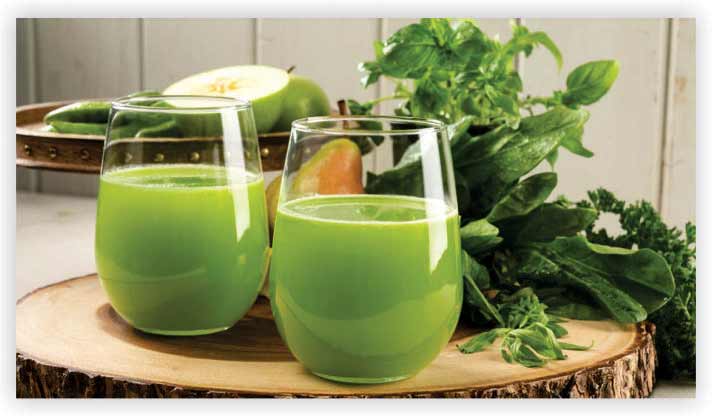
There are many nutrients in basil. Traditional practitioners have utilised this treatment to treat inflammatory and digestive conditions. Basil juice has anti-inflammatory and antioxidant compounds that may help to maintain kidney health. There is not much proof for this treatment, though. It is unknown whether basil juice in larger doses or for longer periods of time is safe. The long-term implications are still not clear without additional investigation. It does, however, have anti-inflammatory and anti-oxidant effects.
4. Apple cider vinegar
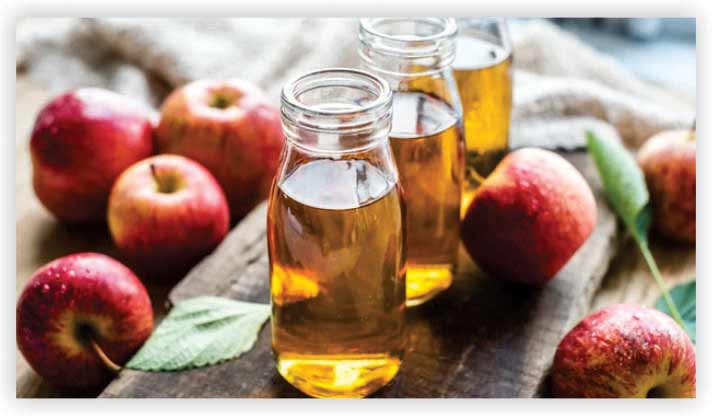
Acetic acid can be found in apple cider vinegar. Kidney stones can be broken up by acetic acid. Apple cider vinegar not only cleanses the kidneys but also might help with stone pain relief. You may also add apple cider vinegar to your preferred salad dressing or sprinkle it on top of salads. The recommended daily limit for this combo is one 8-ounce glass. Larger doses of apple cider vinegar consumption may result in problems like sore throat, erosion of dental enamel, and acid reflux. Drinking this concoction should be done with caution if you have diabetes.
5. Celery juice
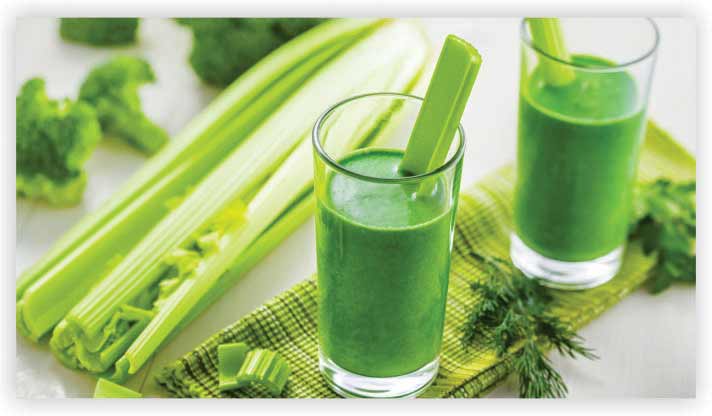
Acetic acid can be found in apple cider vinegar. Kidney stones can be broken up by acetic acid. Apple cider vinegar not only cleanses the kidneys but also might help with stone pain relief. You may also add apple cider vinegar to your preferred salad dressing or sprinkle it on top of salads. The recommended daily limit for this combo is one 8-ounce glass. Larger doses of apple cider vinegar consumption may result in problems like sore throat, erosion of dental enamel, and acid reflux. When using this combo, diabetics should use caution.
6. Pomegranate juice
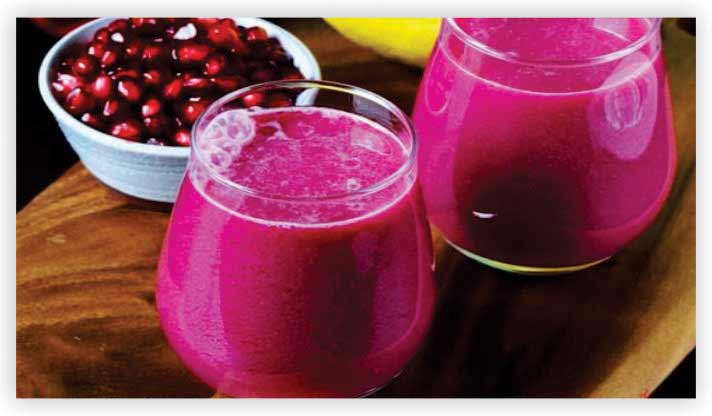
The usage of pomegranate juice to enhance kidney function has been around for generations. It will remove toxins and stones from your body. It is brimming with antioxidants, which keep the kidneys healthy and may play a part in preventing kidney stones from forming. Moreover, it lessens the acidity of your urine. Future kidney stones are less likely if your blood acidity is lower. Although it’s unclear how much pomegranate juice is safe to consume throughout the day, a serving or two for most people is probably reasonable.
7. Kidney bean broth

The broth from cooked kidney beans is a traditional dish, often used in India. Some people claim that it can improve urinary and kidney health, but there’s little evidence to say whether this remedy is effective. To try it, simply strain the liquid from cooked beans and drink it several times a day.
8. Wheatgrass juice
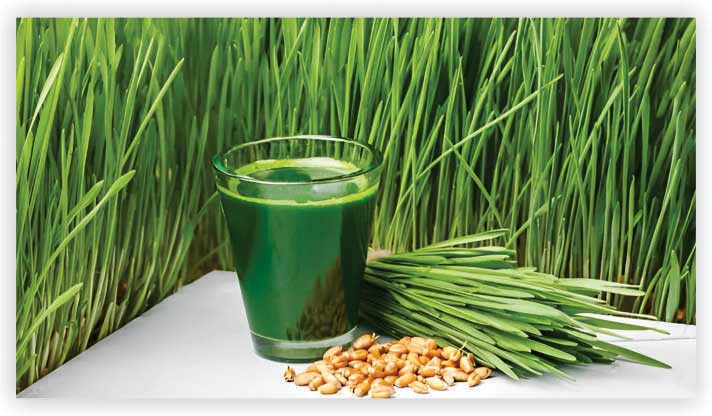
The health benefits of wheatgrass have been well documented and it is nutrient-rich. Wheatgrass facilitates the passage of the stones by increasing urine flow. It also has important nutrients that support kidney cleansing. A daily serving of wheatgrass juice is between 2 and 8 ounces. Start with as little as you can and increase it to 8 ounces gradually to avoid any negative effects.
9. Horsetail
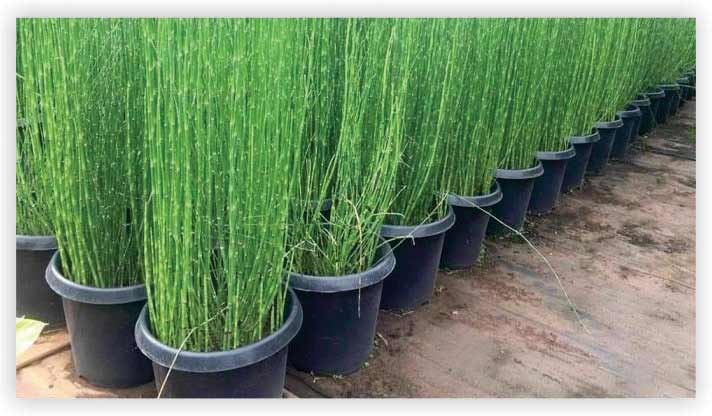
Horsetail can enhance urine flow by acting as a diuretic. It possesses antibacterial and antioxidant qualities that might benefit urinary health in general. It might even lessen inflammation. Together, these actions may facilitate kidney stone removal from your body. However, the European Medicines Agency warns that patients with severe heart or kidney issues shouldn’t take horsetail. Horsetail use has been associated with allergies as well as gastrointestinal adverse effects.
10. Cranberry juice
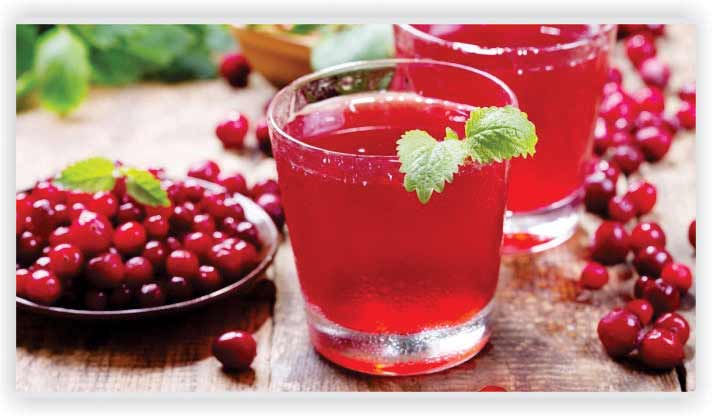
You may have heard that drinking cranberry juice can treat with everything from kidney stones to urinary tract infections (UTIs). According to some research, cranberry juice may help reduce the pH of your urine, which could aid in breaking down the painful stones while avoiding the formation of larger stones. There isn’t much proof, though, that cranberry juice works as a kidney stone home cure.
11. Warm Bath with Epsom Salt
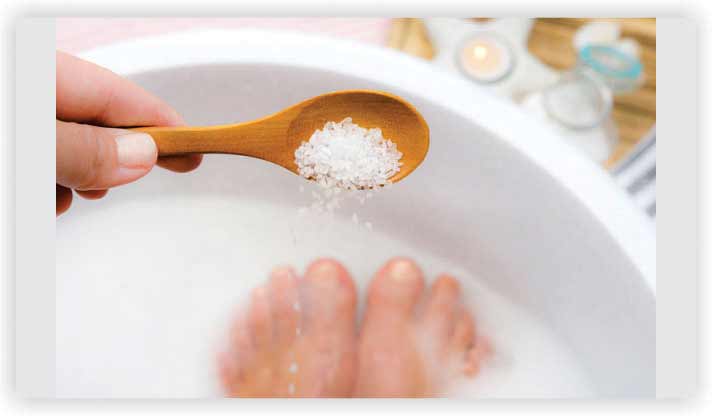
Your body will detoxify and unwind as a result of using Epsom salt. When bathing in a warm Epsom salt bath, your body will relax and the discomfort associated with your kidneys will lessen. This is, however, not a long-term solution.
12. Heating Therapy

If the pain is particularly severe, a heated pad may also be helpful. To help ease the pain, use a heating pad to your side, back, or abdomen. It should be applied to the region being treated for around twenty minutes in order to effectively reduce pain.
13. Gokshura churna
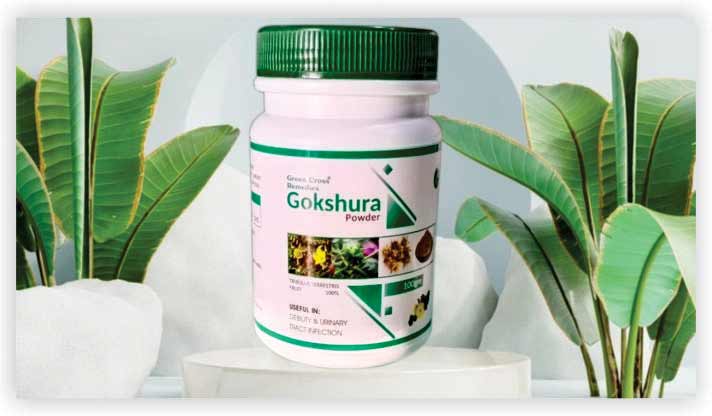
Gokshura churna’s anti-lithiasis (against stone formation) characteristics could aid in preventing kidney stone growth as well as dissolving or shrinking kidney stones that may already exist. In addition to treating cystitis, kidney stones, and polycystic kidney disease, it may also be effective. Warm milk is infused with 1 tbsp of Gokshura churna and 1 tbsp of honey.
14. Varuna
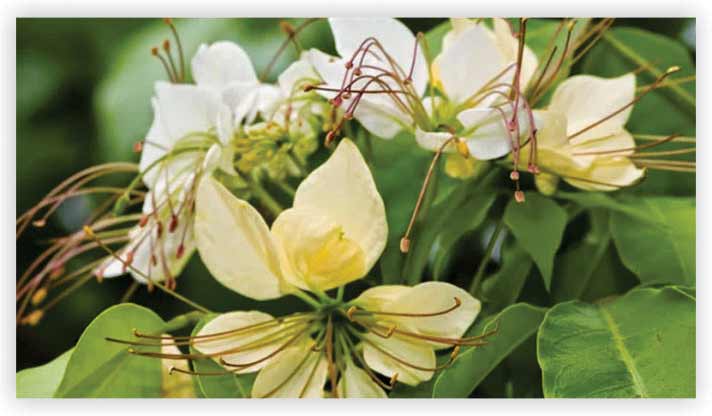
One herb that aids in breaking renal calculi and reducing the size of the stone is called varun. Its Asmaribhedan (penetration) quality is the reason behind this. Due of its mutral (diuretic) nature, Varuna also aids in its expulsion. It is available as a capsule, syrup, or powder. Moreover, it enhances appetite, promotes digestion, and is a highly efficient herbal remedy for flatulence and a variety of stomach conditions.
15. Punarnava
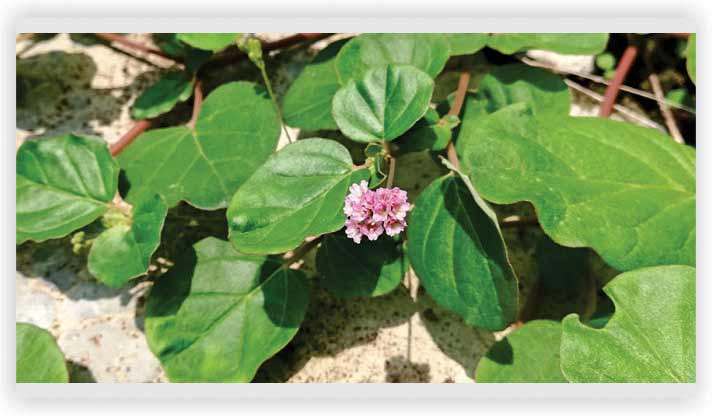
Punarnava benefits renal health. It is helpful in lowering the risk of inflammatory renal disorders since it possesses diuretic and anti-inflammatory qualities. Punarnava has been utilised in conventional medicine to treat renal problems including kidney stones. It can be advantageous to consume it once or twice day before meals. Moreover, it can be utilised to maintain a healthy digestive tract and control weight.
16. Pashanbhed
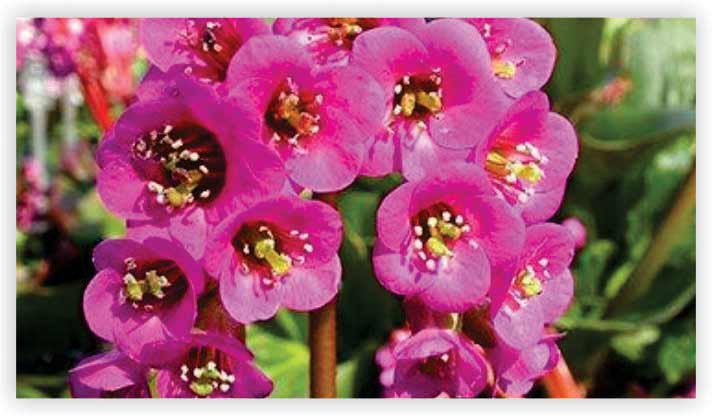
Pashanbhed reduces the production of calcium oxalate monohydrate crystals, which cause kidney or urinary stones. The Pashanbhed plant’s hot water extract is taken orally to cure kidney or urinary stones. It is also advised to use pashanbhed powder to treat uncomfortable urinating. Since Pashanbhed powder has a mutral (diuretic) function, consuming it causes an increase in urine production and facilitates the elimination of stones.
17. Cardamom
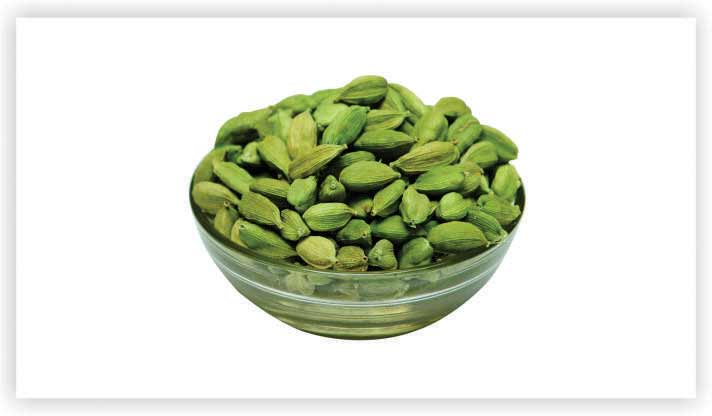
Many illnesses, including painful urination, nausea, and vomiting, as well as kidney stones, are treated with cardamom. It functions as a powerful painkiller and anti-inflammatory. It also functions as a diuretic to help the urine flow. You should consume it on an empty stomach after letting the cardamom soak in, filtering it, and adding two scoops of cow ghee.
Conclusion
While avoiding the doctor’s office when experiencing kidney pain is preferable, it’s not always possible. When an at-home solution fails to relieve the discomfort, you may need to go to the doctor or urologist for treatment. Also, it should be remembered that just because your pain subsides does not mean your infection has disappeared. You must receive a correct diagnosis and treatment for the issue in order to prevent the infection from spreading to other areas of your body and leading to additional issues. See your doctor right away if you have a high fever, chills, vomiting, or blood in your urine. See your doctor if you have back, groyne, or stomach pain.
Putting it simply, seek medical treatment early to treat any serious infections and reduce the risks of complications or severe problems.
Also Read:
- How To Get Rid of Scars – Top 10 Home Remedies
- How to Increase Oxygen Level at Home
- Rice Water for Hair Growth: IT Benefits, and How to Make and Use it at Home

Business Talk is a digital business magazine that caters to CEOs, Entrepreneurs, VC, and Corporates. While working with entrepreneurs and business executives, we focus not only on their achievements. Our mission is to shed light on business entities, including their innovations, technological benchmarks, USPs, and milestones/accolades.













